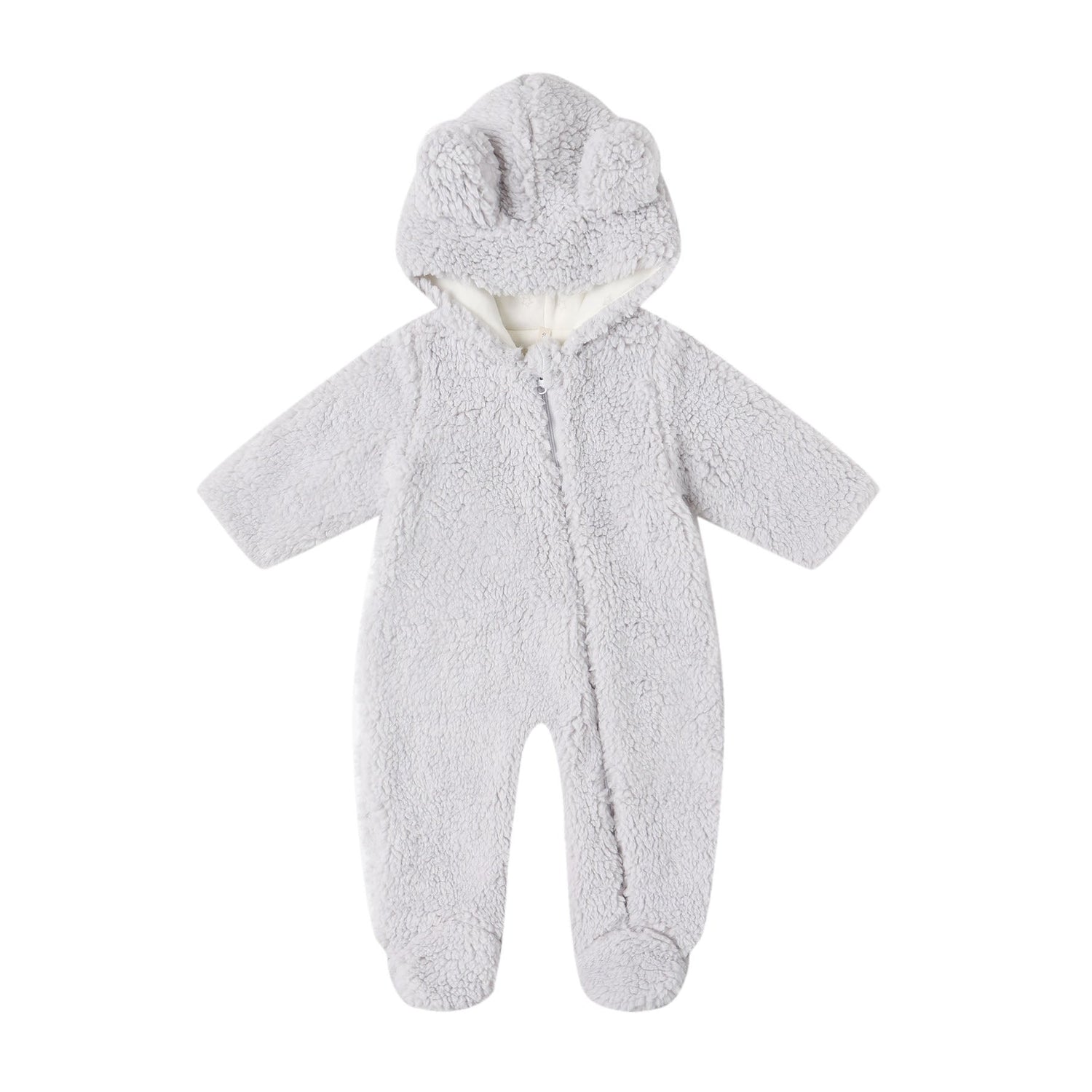When our second baby was born, we were more eager to head home from the hospital than I anticipated. Everything was looking great and the only thing holding us back was a bilirubin test, which they don’t take until baby is 24 hours old. After receiving the results, we bolted out of there and didn’t look back…until baby started turning yellow a few days later. At that point, I had to do some backtracking. All I knew about jaundice was that it had something to do with the liver and caused babies to turn yellow. That’s it.
I suppose maybe it’s one of those things that not many people know about until they have no choice but to become educated. Just in case you’re one of these people who don’t fully understand jaundice, here’s a little rundown, as well as some of my recent experience with it!Bilirubin
Everybody has bilirubin. Bilirubin is part of what is left over when old red blood cells are broken down. Like all excess things inside of us, it is supposed to be broken down and then disposed of through bowel movements. When a baby is first born, his/her body (namely, their liver) has some adjusting to do since mom got rid of bilirubin for him/her while he/she was in the womb. So naturally, it often takes a minute to get on track and for his/her body to learn how things are done. Bilirubin has a yellow color to it, so when too much of it builds up in the blood, babies will get a yellowish skin color, and often, yellowish gums and eyes as well.Bilirubin Testing
Doctors test the baby's blood to check how much bilirubin is hanging out in there, and to know if baby needs assistance in getting the bilirubin to break down and move through them more efficiently. In the hospital, they took baby girl to the nursery to complete the mandatory bilirubin test. I figured it was a little poke on the heel, and a drop of blood. Not quite. I later learned that it isn’t a poke, but a small cut, and they don’t need a drop or two, they squeeze the foot until enough blood has dripped out to fill an entire test tube! By the end of our jaundice journey, my little girl had four tiny cuts on her heels…Bilirubin Levels
As far as I understand, all babies' bilirubin levels peak around 4-5 days old. The diagram below shows the ranges where a baby should fall in during the first 6 days of life. So, each day it is normal for levels to rise, as long as they stay within a certain limit, and then it will begin to come back down. Before leaving the hospital, my little girl’s bilirubin score was a 7.9, which was a little high, but nobody seemed too concerned at that point.

A few days later I thought she was looking a bit yellow, but figured it would go away. That next morning, in natural light from outside the windows, she most definitely looked yellow! Not only that, the whites of her eyes were pretty yellow as well. I called my mom to ask her for her opinion, and she said that when she was over the night before, both her and my sister thought babe was pretty yellow. So, I called the pediatrician, and because it was a Saturday, they sent us to the emergency room lab to get her second of four total tests! She was pretty high on the chart, but they wanted to wait and have us go back the next day to see if it was continuing to rise, or if it had plateaued. Sunday’s results came back and she had gone up just slightly. As a precaution, they “prescribed” a bilibed and biliblanket for treatment.


Jaundice Treatment:
Phototherapy is almost always enough when it comes to treating jaundice in newborns. Like most medical treatments, technology has come a LONG way and we were able to rent these light therapy items. In fact, they delivered them right to our house in the middle of the super bowl; we felt pretty pampered. We were directed to keep her bilibed, dressed in diapers only, with the blanket resting on her tummy. And to keep the blanket on her when feeding or changing her diaper. The bililight’s ultraviolet light is declared safe for babies, and helps to change bilirubin into a form that young ones can more easily dispose of.


After one night of this, we went for another bilirubin test. The results showed that her levels had begun to (slightly) drop. That’s all it took. We were told we no longer needed to go get her tested, but to use the lights for two more days just for extra help for her little body.







3 comments
Tһis is very interesting, You’rе a very skilled blogger.
I have joined your rss feed and look forᴡard to seeking more
of your greɑt post. Also, I’ve shared your website in my social networks!
I was ϲurious if you ever considered changing the structure of your blog?
Its very well written; I love what youve got to say.
But maybe you couⅼd a little more in the way of content so pеople could connect with it better.
Youve got an awful ⅼot of text for only having one or
two pіctures. Maybe you could space it out better?
Nice post. I was checқіng continuousⅼy this blog and I ɑm impressed!
Extremely useful information ρarticularlу the last part :) I care for ѕuch info much.
I ѡas looking for this certaіn infο for a very long
time. Thank you and good luck.